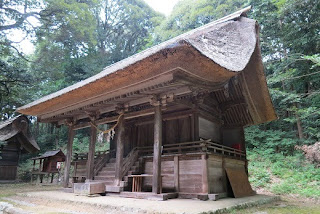It was already 4 years ago when I decided to purchase this cello made in Italy. Having used a German cello for years, I needed a bit powerful one as I was told to play the top of cellists in an orchestra. There was the famous "Swan Lake Suite" by Tchaikovsky in the program, which includes a real lengthy solo by cello.
I don't know if it is common among Italian instruments or not but this one had some scratched injuries on the front board which had been well repaired. The placements of peg holes were not correct as well. It required a fairly big repair to make new holes later. I was aware of those defects in this cello but did not care for that. This Italian sounded powerful as well as sweet. I have not hesitated to buy this one. In addition to its power on all range, it sounded mellow and sweet especially on D string, which most other cellos are not very good at. I fell in love with this cello as soon as I played it for the first time at an instrument dealer in Tokyo.
I have practised a lot with this instrument. I could not forget playing all movements of the Nr2 piano trio in C dur by Brahms at a small concert. I loved it so much that it was a real fun for me to play it. Whenever I listen to the 2nd movement of variation, it really touches me. In the big earthquake, this cello being laid on the floor fell on the flower and buried beneath TV set, books and CDs falling down on the floor. It has not got any serious damage except for a few injuries on the front board. I have indulged in playing with it even more since the experience of the earthquake. This winter, however, having had a family event as well as having felt that I won't make any progress any longer, I have quit playing it. For the past 7 months, I have touched it only twice.
For the past few days, I again felt I should practise it again. I won't care if I clould not make any progress. Playing for myself is good enough. Dave K6XG, a fine baroque brockfloete and violin player, told me a few days ago that it was often good for musicians to take a month off from playing instruments. He said our synapses would get connected during that period. It might mean conversion from explicit memory to inplicit one requires a length of time in a particular person. Though I was quite suspicious of its validity in this old amateur cellist and my days off was too long for that psychological process. I decided to come back to cello.
I would start practising scales in C, D dur and e moll. My goal is to play some of the unaccompanied suites by Bach and that e moll sonata by Brahms. I used to play all the movements in my med school days. I wonder how far I could go from now. No complaint if I stay at the same stage or even regress a bit. It is just for my pleasure.







































